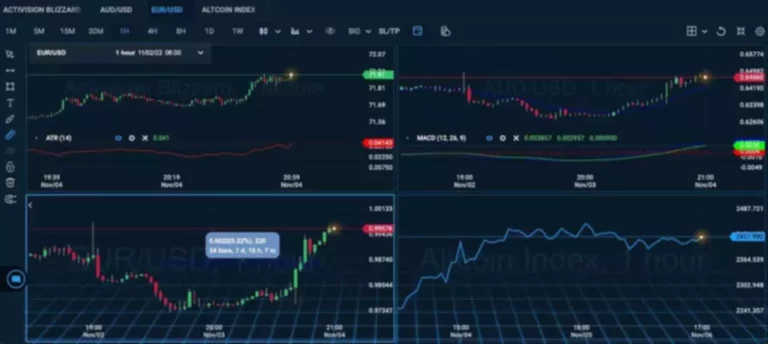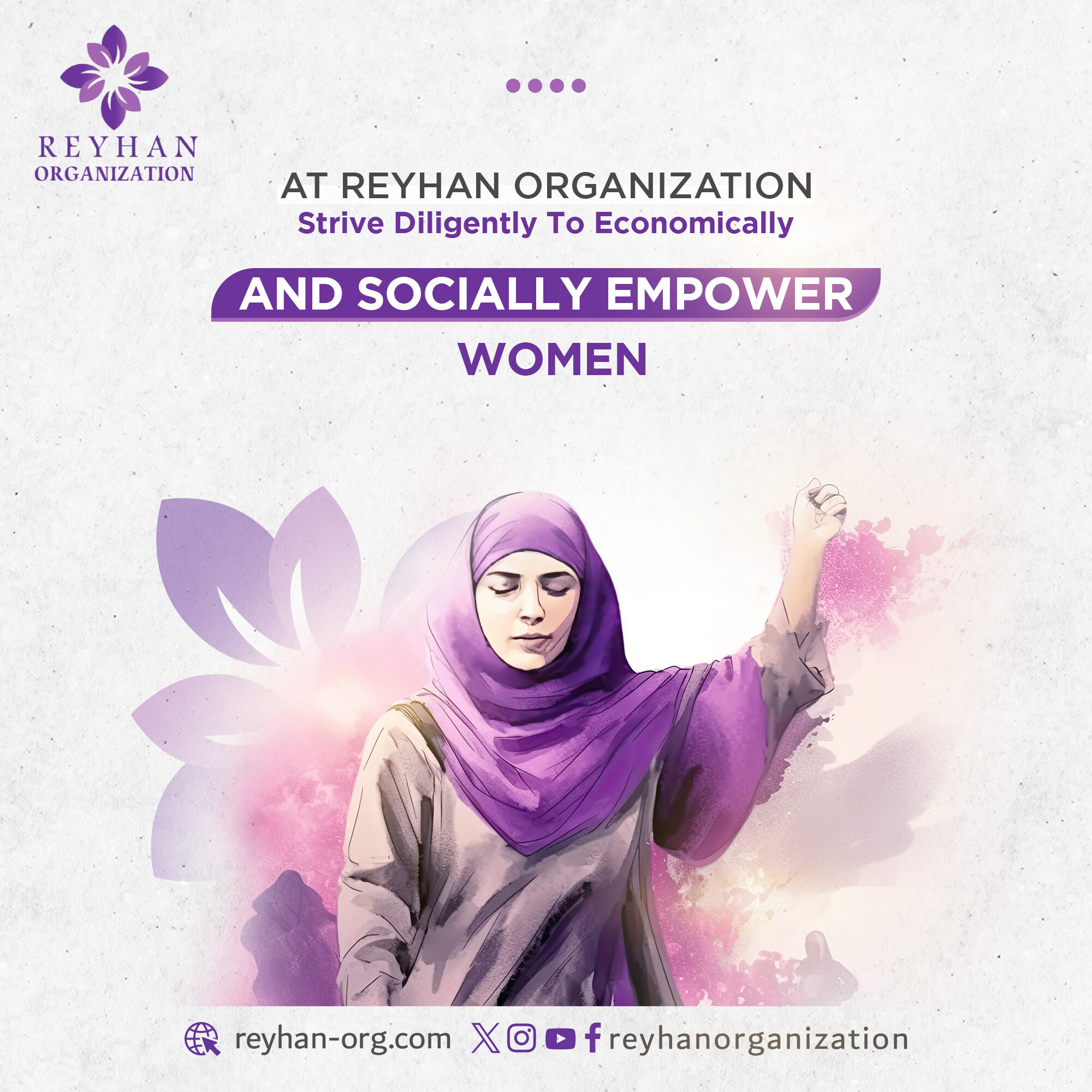Content
Small differences in pricing for both buying and selling securities can add up, especially when trading happens frequently. Generally, that can be seen as a good thing for the large institutional investors that trade on behalf of their clients—those that invest in their investment funds—and potentially for market efficiency overall. Most retail investors won’t Digital wallet directly interact with dark pools, so understanding exactly what these venues are and why they exist can be difficult.

What are “dark pools,” and why are they dangerous?
We want to clarify that IG International does not have an official Line account at this time. We have not established any official presence on Line messaging platform. Therefore, any accounts claiming to represent IG International on Line are unauthorized and should be considered as fake. 71% of retail client accounts lose money when trading CFDs, with this investment provider. Please ensure you understand how this product works and https://www.xcritical.com/ whether you can afford to take the high risk of losing money.

OTC vs. Exchange Trading vs. Dark Pools
Dark pools add to the efficiency of the market since there is additional liquidity for certain securities by getting them to list on the exchanges. They represent the ideal stock market because they are truly transparent. The rule would require brokerages to send client trades to exchanges rather than dark pools unless they can execute the trades at what is dark pool trading a meaningfully better price than that available in the public market. If implemented, this rule could present a serious challenge to the long-term viability of dark pools. The recent HFT controversy has drawn significant regulatory attention to dark pools.
Explained: Dark Pools Vs. Lit Pools
The possibility of price improvement also exists if the mid-point of the quoted bid and ask price is used for the transaction. In contrast to dark pools, traditional exchanges are sometimes described as lit markets. Instinctively, you might anticipate a rapid price decline should the order be executed, leaving you on the wrong side of the market.
How ‘dark pools’ can help public stock markets
Conflicts of interest and other unethical investing practices can be hidden in dark pools as well. Dark pools allow for trading execution away from the spotlight of public markets. Public markets tend to overreact or underreact due to news coverage and market sentiment. The pools facilitate trades that will trigger price overreaction or underreaction.
Also, because the trades have not actually been executed, the results may have under-or-over compensated for the impact, if any, of certain market factors, such as lack of liquidity. Simulated trading programs, in general, are also subject to the fact that they are designed with the benefit of hindsight. No representation is being made that any account will or is likely to achieve profit or losses similar to those shown.Five Percent Online LTD – Copyright © 2024.
Since HFT floods the trading volume on public exchanges, the programs need to find ways to break larger orders into smaller ones. It can be accomplished by executing smaller trades on different exchanges as opposed to one financial exchange. It helps to minimize front running and avoid showing where the trader was executing these trades. A dark pool is a financial exchange or hub that is privately organized where trading of financial securities is held. Dark pools are in stark contrast to public financial exchange markets, where there is a high degree of regulation and media attention.
- If you have a connection to an institutional investor—such as owning a pension fund or investing in mutual funds—dark pools can make an impact on you personally.
- It compares to trying to execute a huge trade on one exchange, where the price will have certainly decreased by the time the order is completely filled.
- Within a lit exchange, an institutional investor—such as a large pension fund—might try to sell thousands or millions of shares.
- InsiderFinance takes the guesswork out of trying to interpret dark pool and lit pool prints.
- Institutional investors, such as hedge funds and pension funds, often trade large volumes of securities.
- The concept of crossing trades off exchange has been around nearly as long as stock exchanges themselves.
So, if a lot of people want to sell a stock, the price goes down, and if a lot of people want to buy, it goes up. If an investor wants to sell a major portion of a company’s stock on a public exchange they must declare their intention, and run the risk that the value of the stock will drop thanks to the swell in supply. Dark pools remove this risk by announcing deals only after they have taken place, and restricting access to deals. Those five cents might not seem like a big deal when trading a few shares, but the stakes change when dealing with institutional orders, which can encompass hundreds of thousands of shares.
With a background in higher education and a personal interest in crypto investing, she specializes in breaking down complex concepts into easy-to-understand information for new crypto investors. Tamta’s writing is both professional and relatable, ensuring her readers gain valuable insight and knowledge. According to the CFA Institute, dark pools are continuing to rise in popularity with an estimated 40% of all stock trades being executed in dark pools in 2017 compared to an estimated 16% in 2010. Broker-dealers saw an opportunity in this (and in the rise of automated trading), and they started setting up their own dark pools. Institutional investors and bulge bracket banks started heading over to them to save on trading costs. They’re run by large banks like Goldman and Barclays (BCS), which make a lot of money by having clients use their exchanges instead of the New York Stock Exchange (NYSE), the Nasdaq or other public exchanges.
While the exchanges are in competition to regain that lost volume, the dark pool operators are still in many cases major clients of the exchanges, routing a large volume of non-dark orders to the traditional system. Critics argue that they create an uneven playing field, giving institutional investors an unfair advantage over retail investors. Additionally, the lack of transparency can breed suspicion and, of course, even facilitate collusion and other illegal activities. The first type of dark pool is the one provided by broker-dealers, who engage in financial markets to grow their own wealth besides executing trades on behalf of their clients to earn some commissions. While the above scenario may work out well for the investment bank selling the shares, consider a retail investor who just purchased shares of the company the investment bank just sold 400,000 shares of on a dark pool. The lack of transparency in dark pools may also create opportunities for price manipulation and other unfair trading practices.

As of March 2023, Intrinio offers a robust and powerful Dark Pool data set. The Dark Pool data is available as part of our Stock Prices Packages – Bronze, Silver, or Gold. You can access the data via API, WebSocket, or bulk download, and it comes with our full suite of developer tools. Engineers will love our powerful API, detailed documentation, and software development kits (SDKs) in all of the major programming languages.
Accessing traditional market data (stock prices) is challenging in and of itself. Stock exchanges like Nasdaq, Nyse and CBOE distribute a variety of market data feeds and it can be dificult to determine which type of data is best for you. There’s also a mountain of paperwork, exchange fees to pay, and complicated access methods. Sometimes, a dark pool’s lack of transparency can cause investors to get involved with dishonest private exchange operators. Dark pools work by having broker-dealers or other parties, such as stock exchanges, set up private electronic venues to conduct trades.
Typically, large institutions trade “off” the traditional exchanges in Dark Pools as a way to keep the transaction private, or avoid inflicting significant volatility in the markets when they are making big trades. It’s harder to “move the market” when the trades are hidden, and these firms can save big time on transaction fees by trading through a Dark Pool. They were started to solve the problem of high-frequency traders gaming trades on public exchanges. These traders are now referred to as “Flash Boys” because of author Michael Lewis’s best-selling book about them of the same name.






